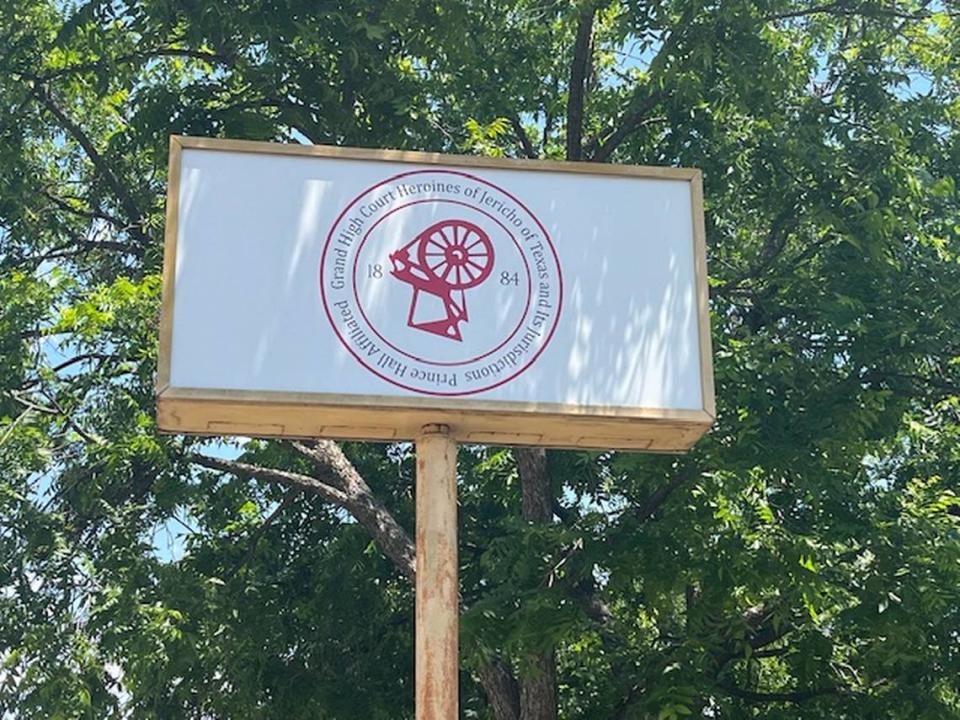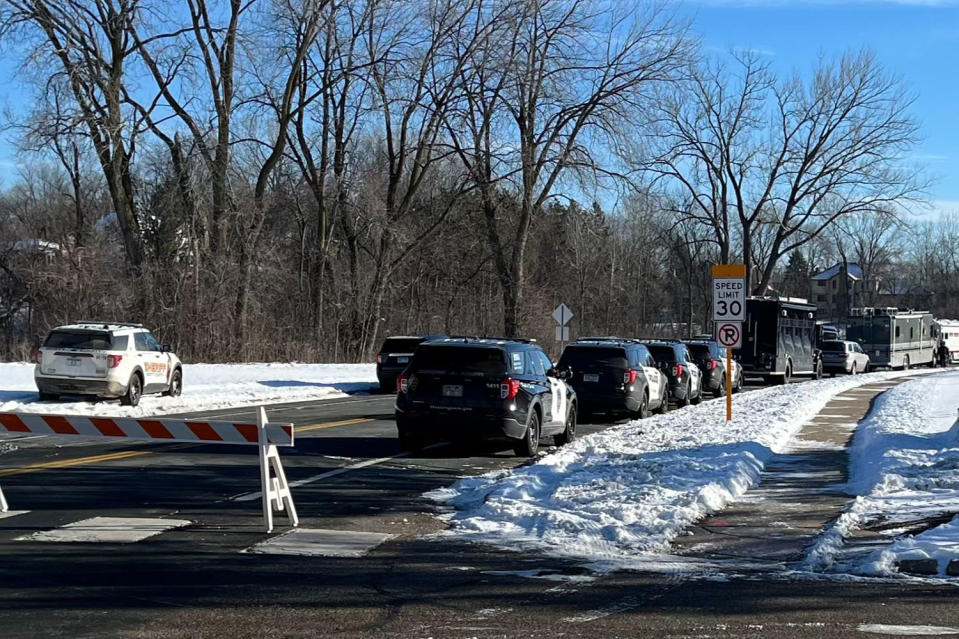A building that is a headquarters for one of the oldest African American women’s fraternal organizations in the country has been recognized as one of the most endangered structures in the city.
Last month, Historic Fort Worth placed the Grand High Court of Heroines of Jericho building on its 2024 Most Endangered Places List. The list draws attention to the need to preserve historic places through restoration or preservation. The buildings recognized have generally been threatened by a lack of maintenance, loss of parking and lack of awareness of economic incentives available to rehabilitate historic buildings.
The Grand High Court of Heroines of Jericho is at 3016 E. 4th St., northeast of Harmon Field Park, close to downtown Fort Worth. Its significance is that it is the headquarters for all Heroines of Jericho chapters within Texas, a nonprofit charitable organization that has existed since the late 19th century, and holds official documents for each chapter. Historic Fort Worth describes the building as “a rare historic resource representing African Americans throughout the state.”
R. Lucille Samuel, who lives in El Paso, is the grand most ancient matron for the jurisdiction of Texas within the Heroines of Jericho, a position that is equivalent of the president for all 53 lower courts of the organization in the state. When she learned the building was on the endangered places list, her response was of excitement, saying, “It’s about time.”
“The Heroines of Jericho, in my opinion, doesn’t get enough recognition within the community for all that they’ve done and for the reasons they’ve been there,” Samuel said.
History of Heroines of Jericho
The Heroines of Jericho’s is an affiliation of the Prince Hall Freemasonry. Prince Hall Freemasonry, which derived its name from a formerly enslaved Black abolitionist named Prince Hall, exists because Masonic lodges refused to admit African Americans. Hall, along with 14 other men, formed their own lodge, African Lodge No. 1, the first Black Freemasonry, in 1775 in Boston. They received their charter in 1784 and became African Lodge No. 459.
The organization advocated for racial uplift and social justice for the African American community.
The Grand High Court of Heroines of Jericho was adopted in 1897 in Texas as the first female Masonic house of the Texas Prince Hall Masons and Grand Lodge Free and Accepted Masons of Texas.
According to Samuel, the organization’s mission is like the Prince Hall Masons, focusing on community service that helps the less fortunate or people in distress. This includes providing college scholarships, youth programs, or other philanthropic measures.
The Heroines of Jericho received its name from a woman in the Bible, Rahab, known as the Heroine of Jericho in the Book of Joshua.
In 1906, the Grand Lodge and High Court’s Texas headquarters was moved to Fort Worth.
The first local court, Sarah Court #1, was built in Galveston, and today 53 local courts report to the Grand High Court in Texas.
Men can also be members of the Heroines of Jericho. They are called Knights of Jericho, and the highest position is the most worshipful grand Joshua, who works with the grand most ancient matron. One of the most famous grand Joshuas in Fort Worth was William “Gooseneck” McDonald, who is widely believed to have been Texas’ first Black millionaire and was a leader in Fort Worth’s African American community.
In 1952, the headquarters was established for the Grand High Court of Heroines of Jericho on East 4th Street. It holds documents on membership, historical files, and is where requests from local courts to hold events are considered.
There are over 900 members of the Heroines of Jericho in Texas. Fort Worth’s local court is Centennial Court No. 500, which was chartered in 1984 and has about 30 members.
The Heroines of Jericho, along with other Prince Hall Masons across the state, will hold an annual grand session June 18-23 at the Embassy Suites Dallas-Frisco Hotel. The event provides workshops, networking opportunities and celebrates accomplishments across the masonic family.
‘The Masonic Way’
Arlene Simon, 68, is the office manager for the Grand High Court and has been a member of Centennial Court No. 500 since 2003. She grew up, “The Masonic Way,” she said, as her father, grandfather, and uncles were all masons.
A spinning wheel in the office is the Jericho symbol of the many threads in society that work to keep the community together and vibrant.

The organization has served lunches, provided blankets, and given water bottles to people experiencing homelessness on Lancaster Avenue; has donated to SafeHaven of Tarrant County for domestic violence victims; and has given school supplies to churches and Boys and Girls Clubs.
Simon said she wanted to be a Jericho because she wants to give back to her community. She said the organization gives back not for the recognition but because it’s the right thing to do.
“People that we’ve helped they know, that’s all really that matters,” Simon said.
Signup bonus from





